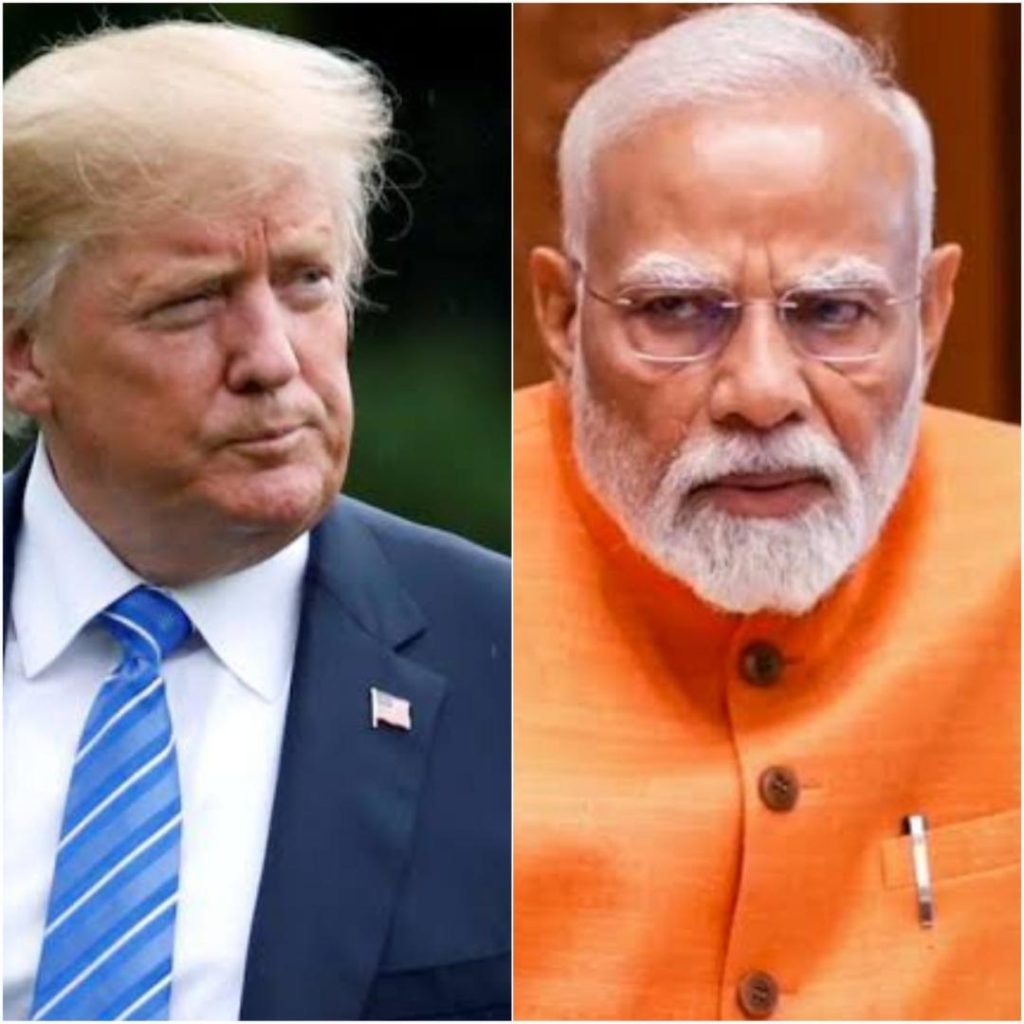
E-commerce Firms, MSMEs Face Heat as Trump’s Tariff War Escalates
The ongoing trade tensions between India and the US have taken a new turn, with the Department of Posts announcing its decision to temporarily halt all parcel services to the US. This move is likely to have a significant impact on small exporters, online sellers, and Micro, Small, and Medium Enterprises (MSMEs) who rely heavily on India Post’s international services to ship low-value goods to American customers.
The escalation of the tariff war comes as a major blow to e-commerce firms and MSMEs, who had been relying on India Post’s services to tap into the lucrative US market. The halt on parcel services will not only increase costs for these businesses but also disrupt their supply chains, potentially leading to losses and damage to their reputation.
The decision to suspend parcel services to the US is a response to the rising trade tensions between the two countries. The US has been imposing tariffs on Indian goods, including textiles, steel, and aluminum, which has led to a retaliatory response from India. The Indian government has imposed tariffs on US goods, including almonds, apples, and walnuts, to protect its domestic industry.
The impact of this decision will be felt most acutely by MSMEs, who are the backbone of India’s economy. These small businesses often lack the resources and infrastructure to absorb the increased costs and disruptions to their supply chains. They rely heavily on India Post’s services to ship their products to customers in the US, and the halt on parcel services will force them to look for alternative, more expensive options.
For instance, MSMEs may have to shift to private couriers, which could increase their costs by 20-30%. This will not only eat into their profit margins but also make their products less competitive in the US market. The increased costs and disruption to supply chains could also lead to delays in delivery, which could harm the reputation of these businesses and damage their relationships with customers.
E-commerce firms, too, will feel the heat of this decision. Online sellers who rely on India Post’s services to ship their products to the US will have to absorb the increased costs and find alternative ways to deliver their products. This could lead to a surge in costs, which could be passed on to customers in the form of higher prices.
The decision to suspend parcel services to the US is also likely to have a broader impact on the Indian economy. The country’s exports to the US have been growing steadily in recent years, and the halt on parcel services could lead to a decline in exports. This could have a ripple effect on the economy, leading to job losses and economic instability.
In addition to the economic impact, the escalation of the tariff war could also have political implications. The Indian government is under pressure to protect the interests of domestic industries and farmers, who are negatively impacted by the tariffs imposed by the US. The decision to suspend parcel services to the US is a response to this pressure, and it could be seen as a way to push back against the US government’s aggressive trade policies.
However, the decision to suspend parcel services to the US is not without its challenges. The Indian government will have to find alternative ways to ensure the smooth flow of goods to the US, which could be a complex and time-consuming process. The government will also have to work with private couriers to ensure that they can handle the increased volume of shipments, which could be a challenge given their limited capacity.
In conclusion, the decision to suspend parcel services to the US is a significant development in the ongoing tariff war between India and the US. The impact of this decision will be felt most acutely by e-commerce firms and MSMEs, who rely heavily on India Post’s services to ship low-value goods to American customers. The increased costs and disruption to supply chains could lead to losses and damage to their reputation, and the broader impact on the Indian economy could be significant. As the trade tensions between India and the US escalate, it is essential for the government to find alternative ways to ensure the smooth flow of goods to the US and to protect the interests of domestic industries and farmers.
Source:



